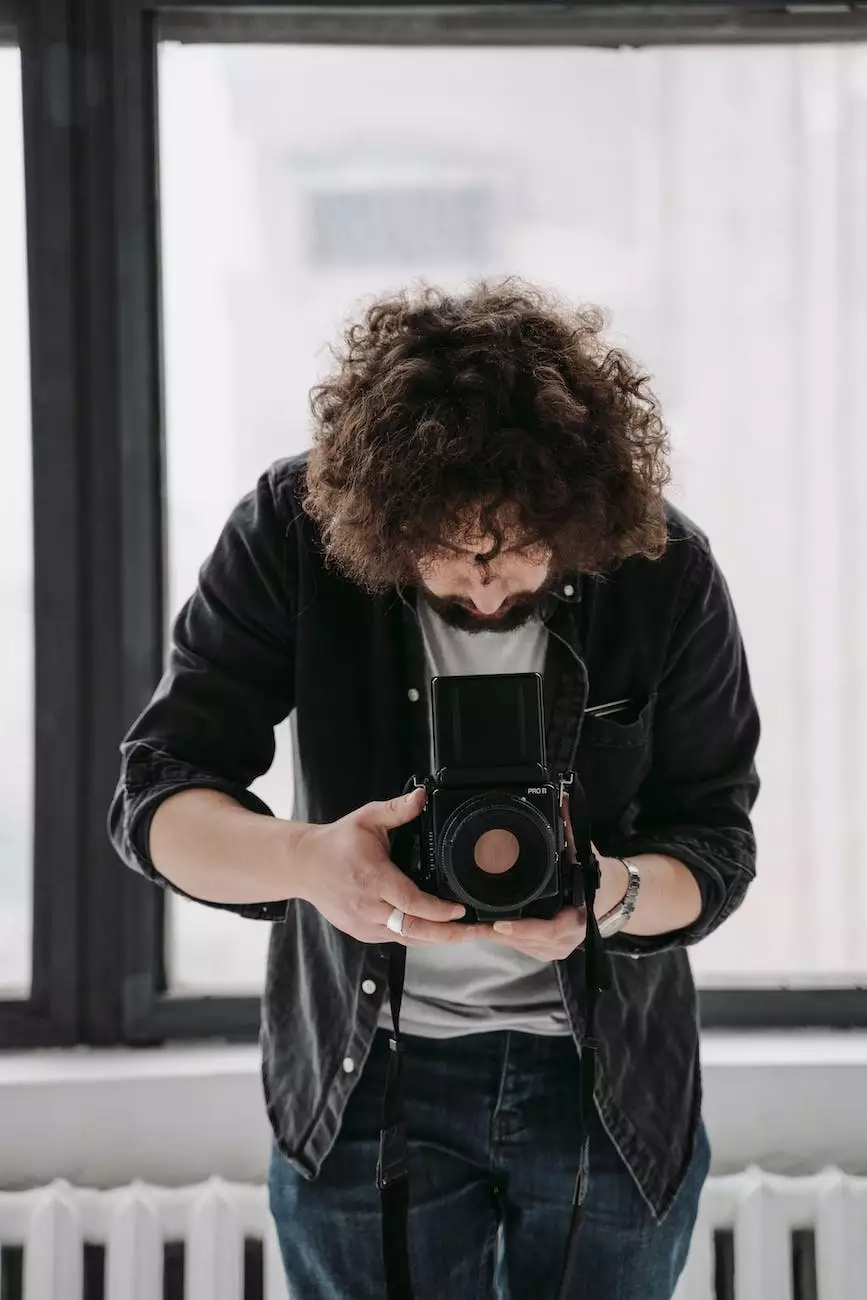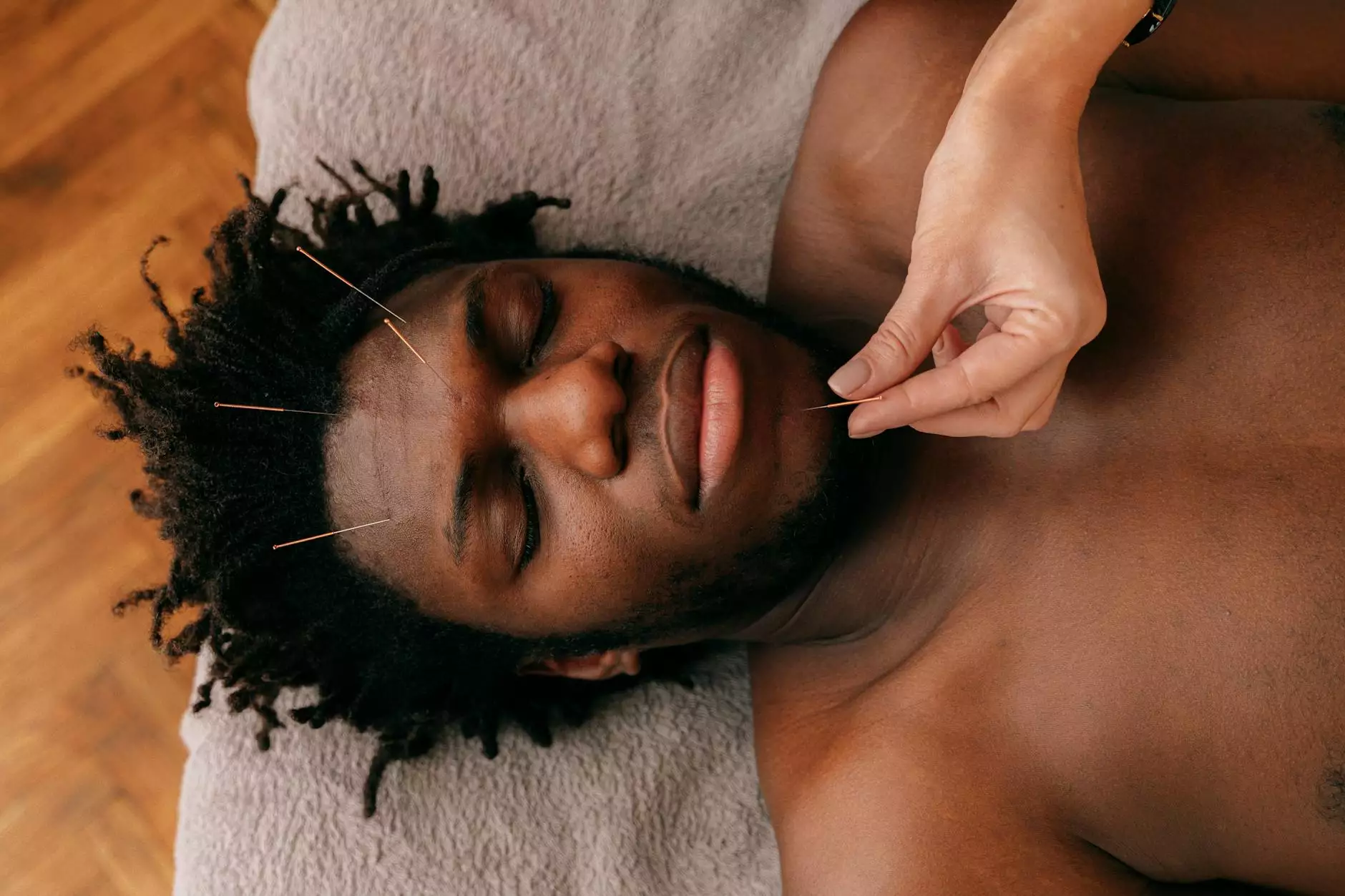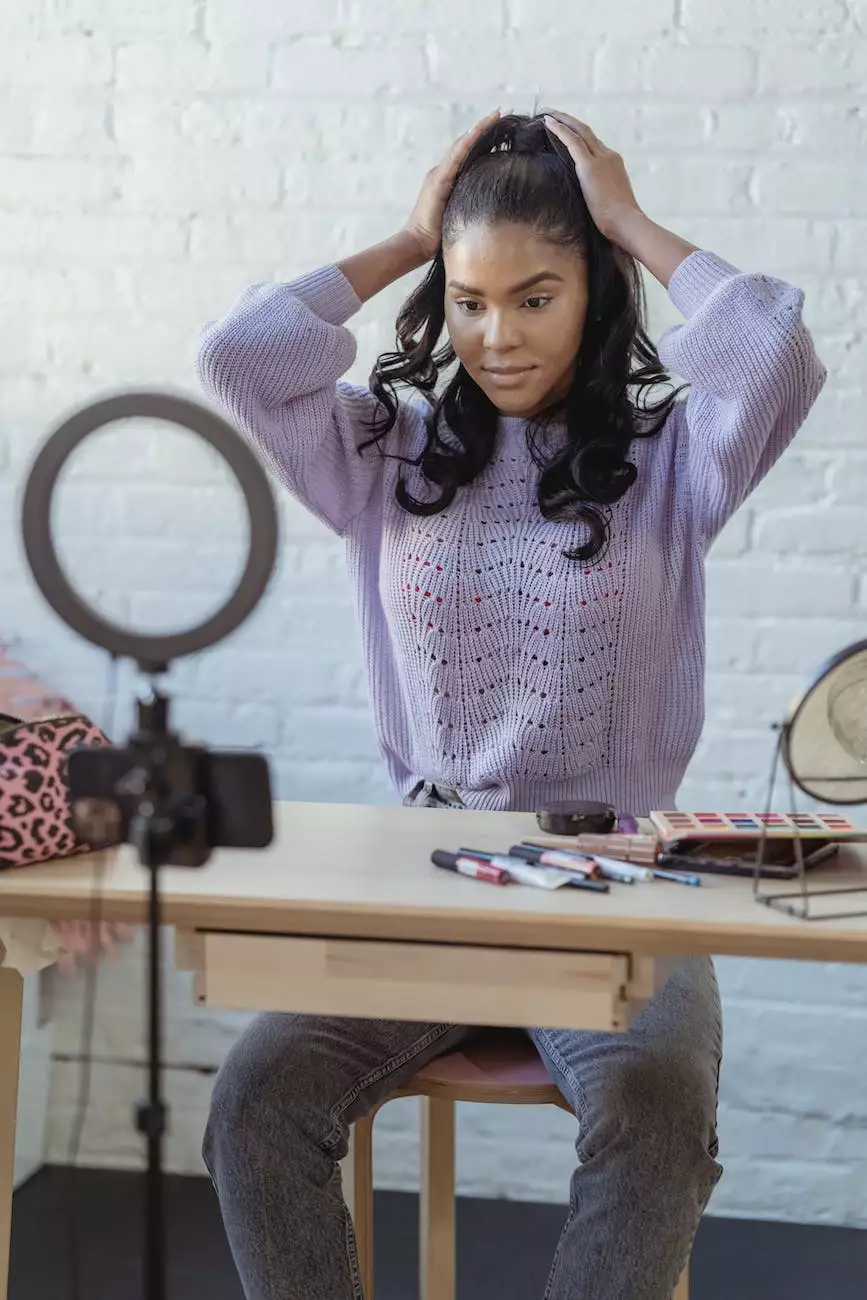Psychological Impact Of Hair Loss On Men and Women

Introduction
As a leading expert in the field of hair loss research, Smith, Arthur F, MD aims to shed light on the often-overlooked psychological impact that hair loss has on both men and women. Beyond the physical changes, hair loss can have profound effects on self-esteem, body image, and overall well-being.
The Emotional Toll of Hair Loss
Hair loss can be emotionally devastating, affecting individuals on multiple levels. For many, hair is closely tied to identity and can deeply impact self-confidence. Men and women alike may experience feelings of embarrassment, shame, and social anxiety due to their thinning or receding hairline.
Men's Psychological Response to Hair Loss
Historically, male pattern baldness has been seen as a natural part of the aging process. However, societal expectations and beauty standards have contributed to the psychological distress experienced by men facing hair loss. The loss of a youthful appearance can lead to feelings of aging prematurely, reduced attractiveness, and diminished self-worth.
Women's Psychological Response to Hair Loss
While less common than in men, hair loss can still significantly impact women's emotional well-being. Society often associates femininity and beauty with luscious hair, making hair loss a source of profound distress. Women may grapple with feelings of femininity loss, altered self-image, and the fear of being judged by others.
Coping Mechanisms
Dealing with the psychological effects of hair loss requires a holistic approach. Smith, Arthur F, MD emphasizes the importance of addressing the emotional well-being of individuals affected by hair loss. Various coping mechanisms can help individuals navigate the challenges associated with hair loss:
Seeking Support
Opening up about hair loss concerns with loved ones or joining support groups can offer a sense of validation, shared experiences, and invaluable emotional support.
Therapy and Counseling
Working with mental health professionals who specialize in body image issues and self-esteem can help individuals develop coping strategies, build resilience, and improve overall mental well-being.
Self-Care Practices
Engaging in self-care practices such as exercise, meditation, and pursuing hobbies can boost self-confidence, reduce stress, and promote a healthy mindset.
Treatment Options
Smith, Arthur F, MD understands that addressing the psychological impact of hair loss often goes hand in hand with exploring treatment options. While treatment effectiveness can vary depending on the underlying cause, factors such as genetics, hormonal imbalances, and medical conditions, there are several potential interventions:
Medication
Prescription medications, such as minoxidil or finasteride, can help slow or stop hair loss progression and stimulate regrowth in certain individuals. It is important to consult with a medical professional to determine the most suitable treatment approach.
Hair Transplantation
For individuals seeking more permanent solutions, hair transplantation procedures can effectively restore hair density in areas of thinning or baldness. Advanced techniques ensure natural-looking results and minimal scarring.
Lifestyle Adjustments
In some cases, making lifestyle adjustments can aid in managing the effects of hair loss. Adapting a balanced diet, using gentle hair care products, and refraining from harsh styling practices can promote scalp health and potentially slow hair loss.
Conclusion
Understanding the psychological impact of hair loss on men and women is crucial in providing comprehensive care. Smith, Arthur F, MD recognizes the profound emotional toll that hair loss can take and is dedicated to offering support, research-driven insights, and effective treatment options to individuals navigating this challenging journey. By addressing the psychological aspect alongside the physical, we can help individuals reclaim their self-confidence and regain a positive outlook on life.




